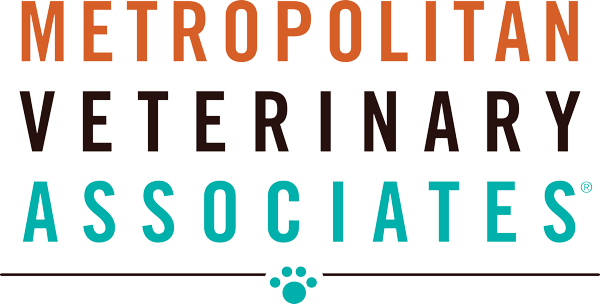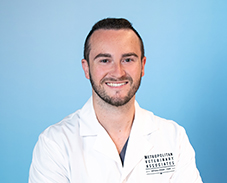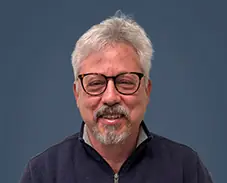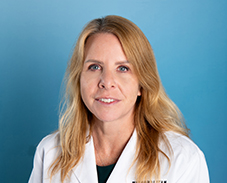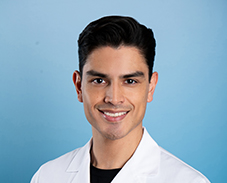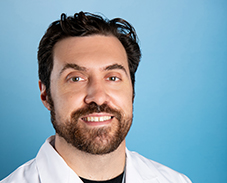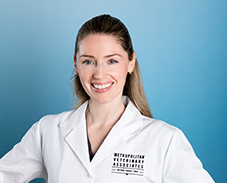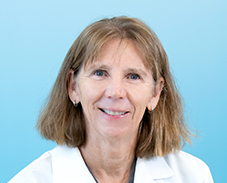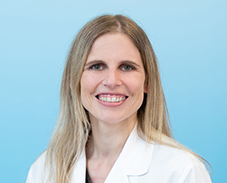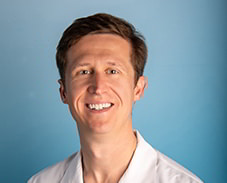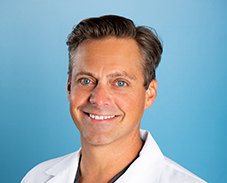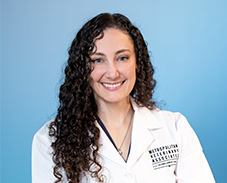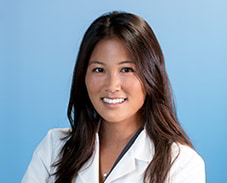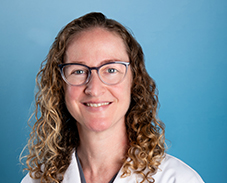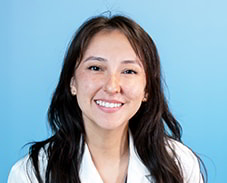Sometimes, a pet’s condition requires a level of specialized care beyond what a general practice veterinarian can offer. Difficult surgical cases may be best managed by a Veterinary Surgery Specialist and referred to our specialists at MVA, MVUCS, and HVSH.
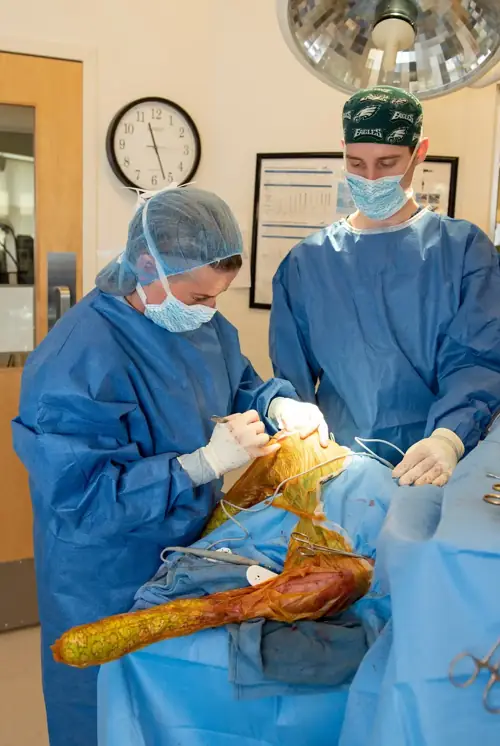
What Is a Veterinary Surgery Specialist?
A veterinary surgery specialist is a veterinarian who has completed extensive additional training after veterinary school. This includes a multi-year residency program focused only on advanced surgical procedures, followed by a rigorous examination process to become board-certified.
This specialization means they possess the unique instruction, deep expertise, and access to specialized equipment necessary to perform the most demanding procedures. They focus on complex problems in areas like orthopedics (bones and joints) and soft tissue (organs, skin, and tumors), ensuring your pet receives care based on the latest medical knowledge. The specialist’s role is to provide advanced surgical expertise, while your primary vet remains the central coordinator of your pet’s overall wellness.
When Does Your Dog or Cat Need to See a Specialty Surgeon?
Your family veterinarian provides outstanding comprehensive care for your pet. However, the field of veterinary medicine sees rapid advances, and it can be difficult for any single doctor to remain current with all the highly specialized techniques and technologies. More complex surgeries on your pet might include:
Advanced Orthopedic Issues
- Cruciate ligament injuries (TPLO, TTA, etc.)
- Luxating patellas (dislocating kneecaps)
- Complex bone fractures
- Elbow and hip dysplasia
- Limb amputations when medically necessary
Complex Soft-Tissue Procedures
This includes intricate surgeries involving internal organs, the chest, or major reconstructive needs.
A Need for Specialized Equipment
The procedures a specialist performs often require technology and instrumentation not available in a general practice.
A Difficult Diagnosis
When a case is challenging, a specialist’s focused experience can be invaluable in confirming a diagnosis and developing the most effective surgical plan.
What to Expect at Your First Appointment
Referral consultations are seen on an appointment basis. When you come in for your appointment, please be sure to bring any medical records you have, including laboratory results and X-rays. This information is vital. It allows our surgical specialist to be properly informed as to your pet’s complete history and the scope of the current problem before the examination. During the consultation, the surgeon will:
We believe in a collaborative approach. Our goal is to provide you with all the information you need to make an informed and confident decision about your pet’s health. We work in close partnership with your family veterinarian. This ensure a seamless continuity of care, which is proven to provide the best possible outcome for your pet. We will share all our findings and reports with your veterinarian to ensure they are fully informed throughout the process, from diagnosis to post-operative recovery.
Meet Our Surgeons
Our surgical team combine years of advanced training with a deep and genuine compassion for every animal they treat. We invite you to learn more about the doctors who will be caring for your pet.
